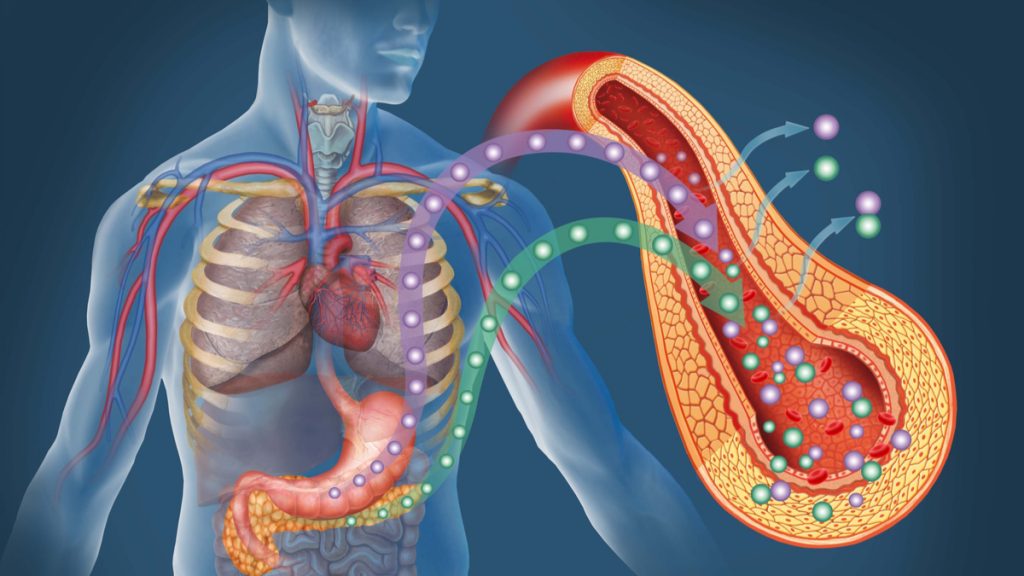Australian researchers have demonstrated a new way to restore insulin production in pancreatic cells, involving a drug already approved for the treatment of certain forms of cancer in humans.
Treating diabetes with the compound GSK126
Blood glucose levels are regulated by insulin, a hormone produced in the beta cells of the pancreas. the diabetes type 1, or insulin-dependent diabetes, is a condition characterized by the destruction of such cells, resulting in little or no insulin production and the need for daily insulin injections to control the disease.
In the context of work published in the journal Signal Transduction and Targeted Therapyresearchers at Monash University have identified a new way to restore insulin production in the pancreas. In lab experiments on pancreatic stem cells from donors with type 1 diabetes, the team was able to activate them to start expressing insulin by exposing them to a drug compound called GSK126.
Intriguingly, these progenitor cells do not normally produce insulin, but this molecule allowed them to functionally supplement beta cells. Theoretically, a single administration of this type of drug over a few days could replace regular insulin injections in diabetics.

According to the team, this potential new treatment has significant advantages over techniques currently in use or being developed. Although effective, pancreas transplants can only be performed in a small number of patients and involve a risk of rejection. Other teams have also converted skin cells into stem cells, used to produce new beta cells in mice, but this involves taking immunosuppressants.
A drug already approved for the treatment of cancer
The new approach would act much faster and without requiring surgery, but its main advantage lies in the fact that GSK126 is already approved in the United States and other countries to treat cancer. Its safety profile has been established in clinical trials, which may reduce barriers to its use in diabetes.
” There are still many issues to be resolved before it can be considered for clinical use in the treatment of diabetes. “says Keith Al-Hasani, lead author of the study. ” Further work will be needed to define the properties of these cells and establish protocols to isolate and grow them. Therapy is still a long way off, but it is an important step towards designing a sustainable and applicable treatment for all types of diabetes.. »
[related_posts_by_tax taxonomies=”post_tag”]
The post scientists restore insulin production with existing drug appeared first on Gamingsym.

